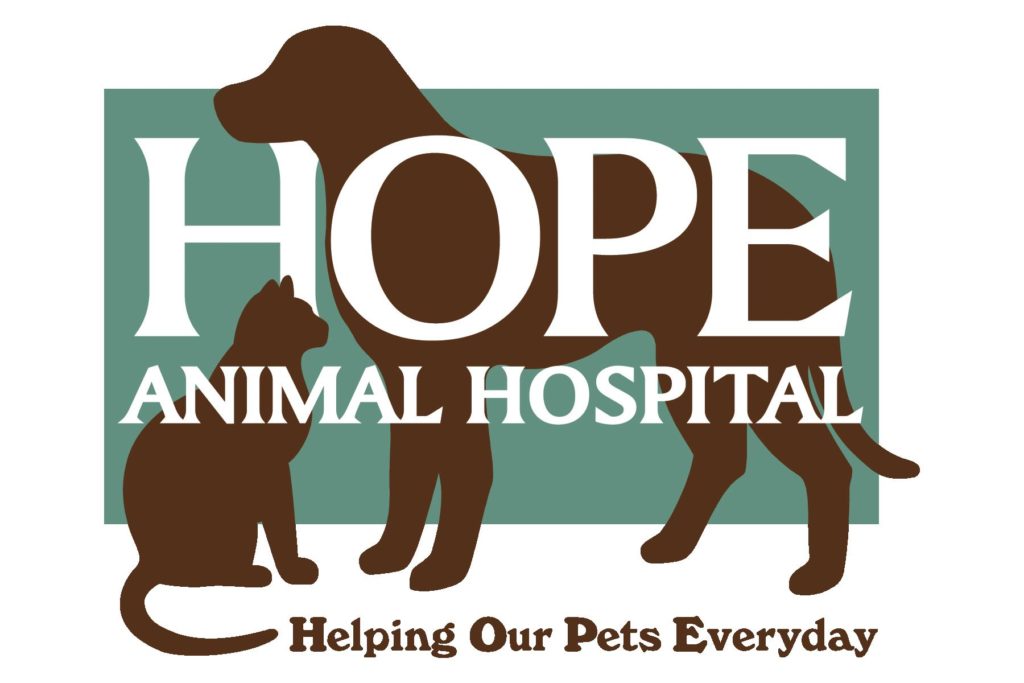Library
-
Carnitine is an amino acid nutrient given by mouth and is used to treat dilated cardiomyopathy and other heart diseases in dogs, or to treat hepatic lipidosis (liver disease) in cats. Give as directed by your veterinarian. Side effects are uncommon but may include mild diarrhea or vomiting. Do not use the D form of carnitine, use the L (Levo-) form only. If a negative reaction occurs, please call your veterinary office.
-
Carprofen is a nonsteroidal anti-inflammatory drug (NSAID) used on and off label. It is given by mouth in the form of a tablet to treat pain and inflammation. The most common side effects include vomiting, diarrhea, and decreased appetite. Do not use this medication in pets with bleeding disorders, in pets that are allergic to it or other NSAIDs in the same class, or in pets concurrently using corticosteroids or other NSAIDs. If a negative reaction occurs, call your veterinary office.
-
Cefovecin is given by injection and is used on and off label to treat bacterial infections in dogs and cats. It is typically given by your veterinarian in the veterinary hospital. Side effects are not common but may include sluggishness, and stomach upset. Adverse effects can occur up to two months after an injection. Do not use in pets that are allergic to it or other beta-lactam antibiotics, and do not use in herbivores. Cefovecin should be used cautiously in pets with kidney disease. If a negative reaction occurs, please call your veterinary office.
-
Cefpodoxime is a third-generation cephalosporin antibiotic used to treat skin infections in dogs. It is also used off-label in cats and to treat other types of infection. It is given orally in tablet or liquid form. Side effects are uncommon. If a negative reaction occurs, contact your veterinarian.
-
Cephalexin (brand names Rilexine®, Keflex®, Vetolexin®) is an oral antibiotic used to treat pyoderma and other bacterial skin infections in dogs and is used off-label in cats to treat pyoderma and other types of skin infections. It is sometimes used off-label to treat urinary tract infections in cats and dogs. Side effects of cephalexin are rare and usually mild.
-
Cetirizine is given by mouth and is used off-label to treat and prevent pruritus (itching) associated with atopic dermatitis, urticaria (hives), and insect bite reactions in cats and dogs. Give as directed. Side effects are uncommon but may include vomiting and increased salivation. Do not use it in pets that are allergic to it or hydroxyzine. If a negative reaction occurs, contact your veterinarian.
-
Cetyl myristoleate is a supplement given by mouth and is used over the counter to treat osteoarthritis, most commonly in dogs. Give as directed by your veterinarian. Side effects are uncommon but may include gastrointestinal upset. Use cautiously in debilitated, pregnant, or lactating pets. If a negative reaction occurs, please call your veterinary office.
-
Chamomile is given by mouth or applied topically and is used off-label and over the counter to treat inflammatory skin conditions, gastrointestinal upset, and anxiety. Give as directed by your veterinarian. Side effects are uncommon if used at the proper dose, but may include vomiting, diarrhea, or skin irritation. Do not use in pets that are allergic to it or other plants in the daisy family. If a negative reaction occurs, please call your veterinary office.
-
Chemotherapy drugs are used to treat cancer and other conditions in people because they target and kill rapidly dividing neoplastic (cancer) cells and other cells. They are primarily used as anti-cancer agents but may also provide benefits for a variety of auto-immune disorders and organ transplant recipients as immunosuppressive agents.
-
Chlorambucil is given by mouth and is used off label to treat certain types of cancer and autoimmune diseases. Common side effects include fur loss and changes in hair coat, as well as gastrointestinal upset. Do not use in pets that are allergic to it or other alkylating medications, that have bone marrow disease, have an active infection, or that are pregnant or lactating. If a negative reaction occurs, please call your veterinary office.

